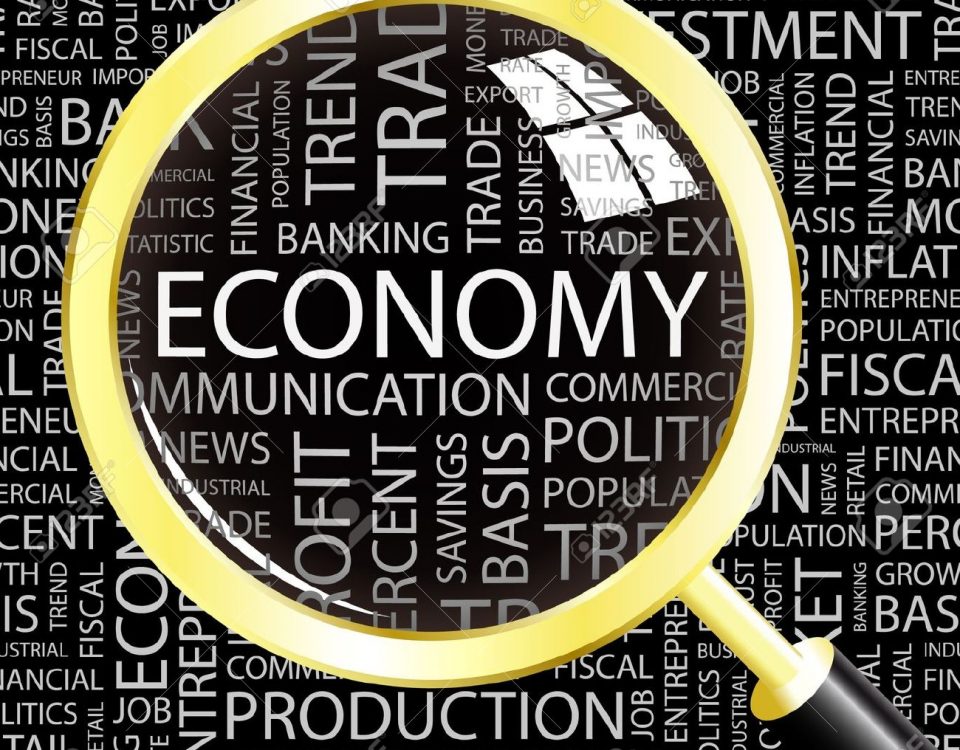Africa Update: China and the Middle East are pouring money into strategic Sudan, but US policy is ‘confused’

Nigeria Update: Dangote Cement, CCNN others lift NSE’s capitalisation by N47b
June 26, 2018
Nigeria Update: Exchange admits N1.2 trillion government bonds in six months
June 29, 2018Since the U.S. lifted long-standing sanctions on Sudan last October, foreign investors’ interest has started to trickle in, an expert on the region has told CNBC.
But it’s Chinese and Middle Eastern actors who already have first-mover’s advantage, Matthew Kindinger, sub-Saharan African analyst at emerging markets advisory firm Frontier Strategy Group, added.
“Any firm that was prevented from entering Sudan because of the U.S. sanctions now has much larger scope to expand in the market,” he said. “(But) the current administration’s Sudan policy appears to have become confused at the least, or at best a very low priority.”
Given the U.S.’ sanctions, some of which date back to 1997 over human rights concerns and terrorism links, China and countries including Saudi Arabia and the United Arab Emirates have instead been Sudan’s most prominent foreign investors.
“These countries want to maintain access to resource exports, such as petroleum to south Asian markets, and livestock to meet growing food demand in the Gulf states,” Chris Suckling, senior analyst at IHS Markit, told CNBC.
Sudan, located on the Horn of Africa and one of the continent’s largest countries by area, has suffered from brutal conflict for much of its history and saw its economy hit hard by the 2011 succession of its oil-rich southern region. The International Criminal Court (ICC) has issued President Omar al-Bashir with arrest warrants for war crimes twice in the past decade.
Given its troubled past — and present — the country is yet to fully capitalize on its strategic potential.
Sudan boasts a Red Sea coastline just ahead of the Suez Canal, a shipping passage that permits access between Eastern and Western markets. The country borders landlocked Ethiopia, Chad and South Sudan, with the former in particular keen to boost its export capacity and diversify the transport infrastructure it relies upon. Turkey, Qatar and Ethiopia have all inked deals to develop Sudan’s ports.
The country is also resource-rich, with significant gold and oil reserves.
Sudan, for its part, has been attempting to position itself as open to business after two decades as an investment pariah under the U.S.’ sanctions. In 2013, the government passed its National Investment Encouragement Act, which prohibits discrimination against foreigners in business.
‘Confused’ U.S. foreign policy
According to Frontier Strategy Group’s Kindinger, the U.S. has been sending out mixed messages on its Sudan policy.
He said that while ties improved under former President Barack Obama’s administration, current President Donald Trump added Sudan to his travel ban list in 2017, only to remove it eight months later.
Last October, the Trump administration revoked sanctions on Sudan. “This decision was meant to be taken four months earlier, but couldn’t because Mr. Trump had not yet made the requisite appointees in the Africa department,” Kindinger said.
Nonetheless, Sudan remains on the State Department’s list of official sponsors of terror, despite sanctions being revoked partly because of Sudan’s backing of U.S. counterterrorism strategies. Inclusion on this list is an obstruction to any debt relief.
For its part, the State Department website says that trade and investment in Sudan is “not favorable for American firms,” citing “endemic corruption” on top of other factors including conflict, multiple exchange rates and poor banking and transport infrastructure.
An internationally untouched market
Shahram Safai, a partner at Dubai-based Afridi & Angell Legal Consultants who advises on investment in Sudan, said that potential opportunities lie in mining, agriculture, livestock and industry. “Sudan is one of the few internationally untouched markets and the investment opportunities are unique,” he added.
Meanwhile, Kindinger pointed out increasing investor activity in sectors such as health care, information technology and consumer goods. He added that any much-needed expansion of the country’s infrastructure also presented an opportunity, highlighting Turkish firm Summa’s March deal to build a new international airport in the capital Khartoum for a reported $1.15 billion.
But, moving into Sudan’s nascent market requires caution. The country ranks 170th out of 190 on the World Bank’s Ease of Doing Business index, for example.
Sudan’s ‘impending economic crisis’
Regardless of Sudan’s scope as a foreign investment destination, the country’s bloody conflict between the Arabic north and non-Arab south has spelled economic disaster thus far. South Sudan’s secession in 2011 took with it 75 percent of the country’s oil reserves. According to the International Monetary Fund (IMF), gross domestic product growth for Sudan plummeted by 10.6 percent the following year.
The removal of U.S. sanctions “has so far done little to avert the continued deterioration of Sudan’s oil-dependent economy or improve the country’s attractiveness to foreign investors,” Suckling said. The resulting rise in international trade has also compounded the country’s foreign exchange shortage.
Nonetheless, investment from the U.S. is expected to pick up, although China and the Middle East remain dominant for the moment. According to Afridi & Angell’s Safai, the Sudanese authorities are working to improve the country’s banking sector to better facilitate the transfer of money.
“Once the full benefits of the lifting of U.S. sanctions is fully realized and implemented, we expect to receive far more interest,” he said.

